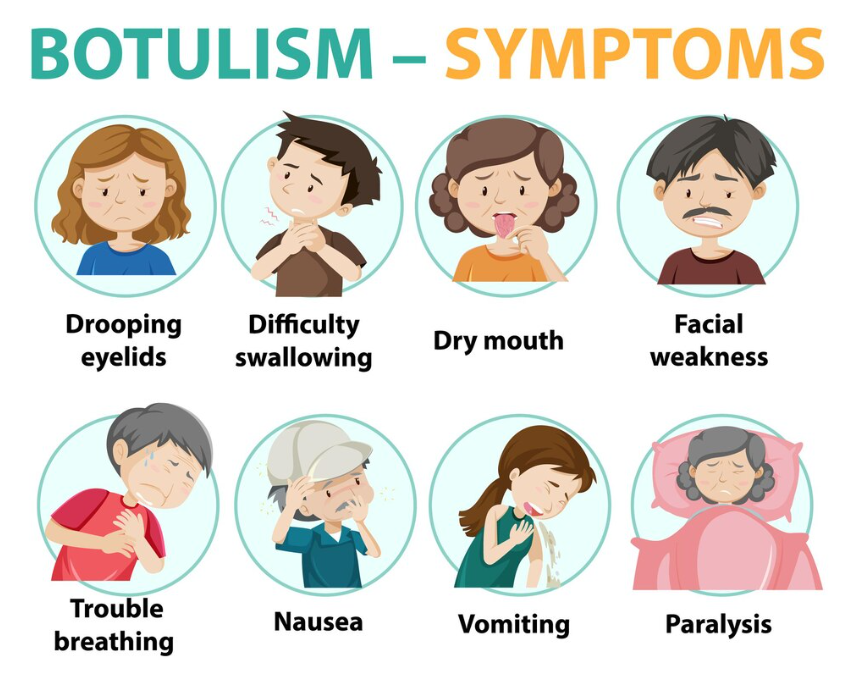
Understanding Bronchitis: Causes, Symptoms, and Types
Introduction: Bronchitis is a common respiratory condition that can cause discomfort and inconvenience. Let’s delve into what bronchitis is, what causes it, its symptoms, and the different types.
What is Bronchitis? Bronchitis occurs when the airways in your lungs, known as bronchial tubes, become inflamed and irritated. This inflammation can lead to coughing and difficulty breathing.
Causes of Bronchitis:
- Viral Infections: The most common cause of bronchitis is a viral infection, typically the same viruses that cause colds and flu.
- Bacterial Infections: Less commonly, bronchitis can be caused by bacteria.
- Environmental Factors: Exposure to cigarette smoke, air pollution, or other irritants can also contribute to bronchitis.
Symptoms of Bronchitis:
- Persistent cough that may produce mucus (phlegm)
- Chest discomfort or tightness
- Shortness of breath
- Fatigue
- Slight fever and chills
Types of Bronchitis:
- Acute Bronchitis: Typically caused by viral infections and lasts for a few weeks.
- Chronic Bronchitis: A long-term condition characterized by a persistent cough with mucus, lasting for at least three months in two consecutive years.
Prevention and Treatment:
- Avoid smoking and exposure to secondhand smoke.
- Wash your hands frequently to prevent the spread of viruses and bacteria.
- Stay hydrated and get plenty of rest if you have bronchitis.
- Treatments may include rest, hydration, over-the-counter cough medicines, and in some cases, antibiotics if the cause is bacterial.
In conclusion, understanding bronchitis and its causes, symptoms, and types can help you recognize the condition and seek appropriate treatment if needed.
To seek medical advice, always consult a Doctor. Here are our recommended experts. Click here
To read more on Respiratory disease . Click Here



